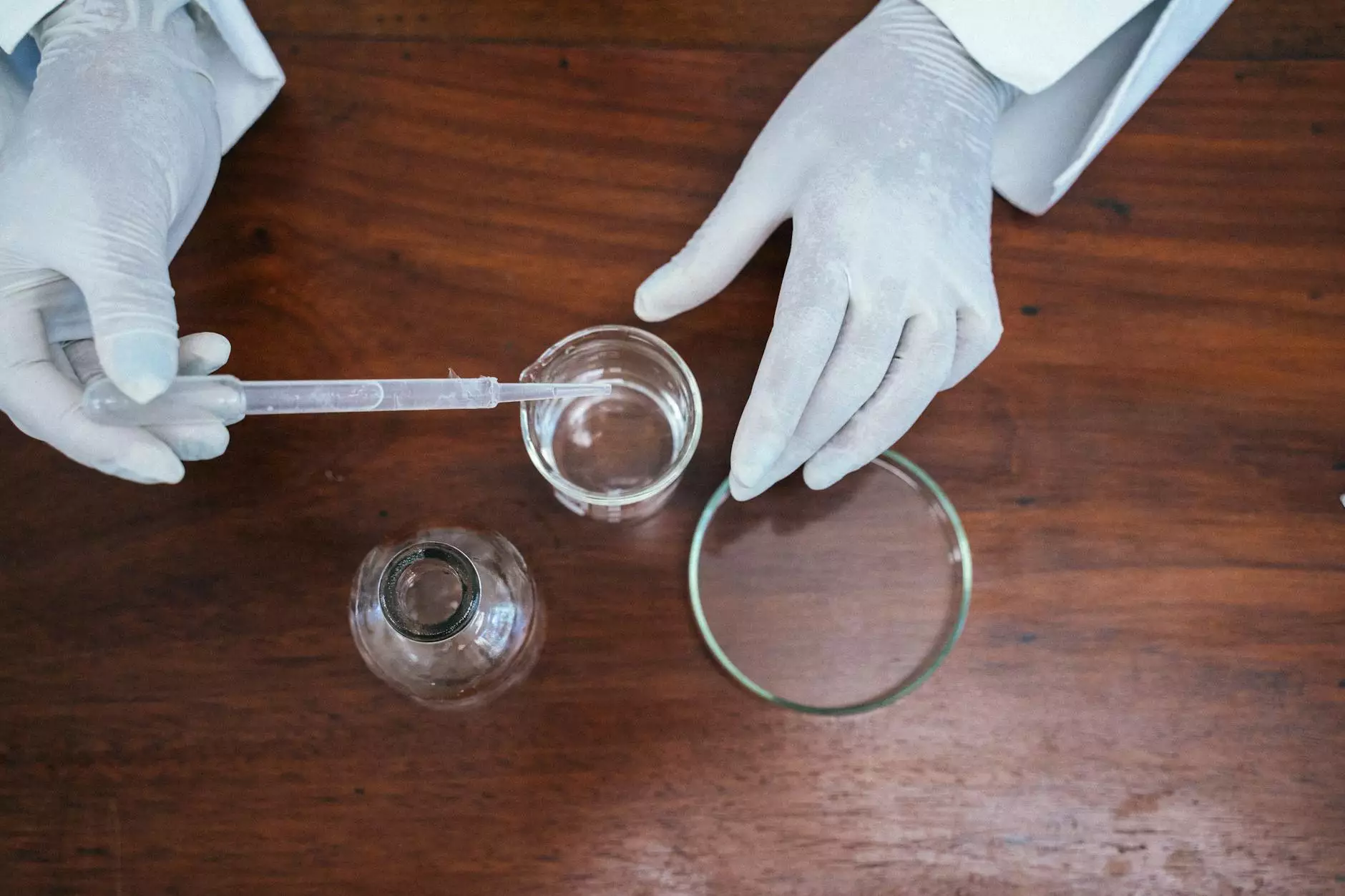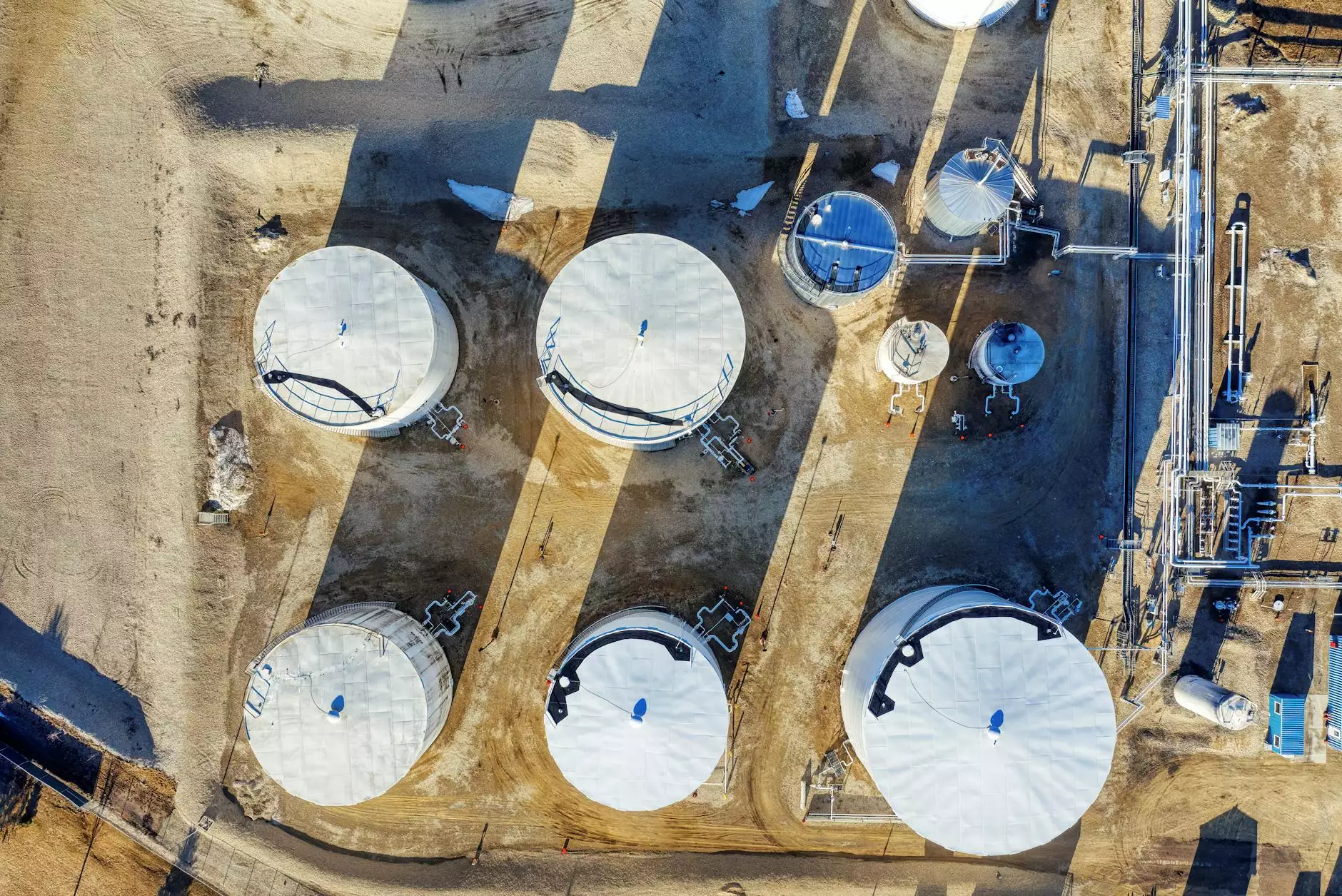Understanding the Importance of Boiler Water Treatment Chemicals

Boiler water treatment chemicals play a crucial role in sustaining the efficiency and longevity of industrial boiler systems. In this detailed guide, we will explore the various aspects of boiler water treatment and how the right chemicals can help in maintaining your water systems.
The Role of Water Purification in Industrial Settings
Water is a fundamental resource in many industries, serving multiple purposes from cooling systems to steam generation in boilers. However, untreated or improperly treated water can lead to significant operational challenges. Here’s why water purification services are indispensable:
- Prevents Scale Formation: Hard water can lead to scale buildup in boilers, reducing heat transfer efficiency and increasing energy costs.
- Controls Corrosion: Corrosive elements in water can damage boiler components, leading to costly repairs and downtime.
- Enhances Performance: Treated water improves the efficiency of steam generation, leading to reduced fuel consumption and operational costs.
What Are Boiler Water Treatment Chemicals?
Boiler water treatment chemicals are specialized formulations designed to enhance the quality of water used in boilers. These chemicals are formulated to tackle specific challenges faced in industrial water systems. There are several types of chemicals used in boiler treatment, each serving a particular function:
Types of Boiler Water Treatment Chemicals
1. Anti-Scale Agents
These chemicals prevent the formation of scale deposits in boiler systems. They achieve this by modifying the precipitation process of minerals in water. Common anti-scale agents include:
- Polyphosphates: These compounds alter the solubility of calcium and magnesium, preventing them from forming scale.
- Organophosphonates: Used in low concentrations, they effectively inhibit scale and also provide some degree of corrosion protection.
2. Corrosion Inhibitors
Corrosion inhibitors are essential for protecting the metal surfaces of boilers from corrosive elements. These inhibitors form a protective layer on metal surfaces or neutralize corrosive agents in the water. Types include:
- Cyclohexylamine: This amine compound is mainly used to treat steam and condensate systems.
- Carboxylic Acids: These provide excellent protection against corrosion in acidic conditions.
3. pH Adjusters
The pH of boiler water needs to be maintained within an optimal range. Adjusters like sodium hydroxide or ammonia are utilized to raise the pH, which helps in reducing corrosion and promoting scale control.
4. Oxygen Scavengers
Oxygen is a major component that contributes to corrosion. Oxygen scavengers, such as sodium sulfite or hydrazine, are important in reducing the levels of dissolved oxygen in the water, thus protecting the boiler systems against pitting and corrosion.
Benefits of Using Boiler Water Treatment Chemicals
Implementing proper boiler water treatment can yield significant benefits for industrial operations. Some key advantages include:
- Increased Efficiency: Proper treatment helps in maximizing the heat transfer efficiency, which can lead to lower fuel costs.
- Extended Equipment Life: By preventing corrosion and scaling, these chemicals prolong the life of boilers and associated equipment.
- Reduced Maintenance Costs: A well-maintained boiler system reduces the frequency and expense of breakdowns and repairs.
- Environmental Compliance: Proper water treatment helps industries comply with regulations by reducing harmful emissions and waste.
Choosing the Right Water Treatment Chemicals
When selecting boiler water treatment chemicals, industries must consider several factors to optimize performance:
- Water Quality: The initial quality of the feed water will determine the type and amount of treatment chemicals required.
- Boiler Type and Operation: Different boilers may have unique requirements based on their design and operational parameters.
- Cost Considerations: Balance the cost of chemicals with the potential savings from reduced maintenance and improved efficiency.
- Regulatory Compliance: Ensure that selected chemicals comply with local environmental regulations to avoid penalties.
Implementing a Boiler Water Treatment Program
To effectively implement a boiler water treatment program, follow these essential steps:
1. Conduct Water Analysis
Understanding the chemical composition of your feed water is vital. Regular water testing will help in identifying contaminants and determining the right treatment strategy.
2. Develop a Treatment Plan
Based on the water analysis, develop a comprehensive treatment plan that incorporates various boiler water treatment chemicals. This plan should specify dosages, methods of application, and monitoring protocols.
3. Train Staff
Ensure that staff members are trained on the importance of water treatment and how to safely handle and apply treatment chemicals.
4. Monitor Performance
Regularly monitor the boiler system's performance and adjust treatment protocols as needed. This includes tracking efficiency, water quality, and any corrosion or scaling issues.
Conclusion
In conclusion, boiler water treatment chemicals are crucial for optimizing industrial boiler performance. By preventing scale formation, controlling corrosion, and enhancing the overall efficiency of boiler systems, these chemicals help industries achieve better productivity and cost savings. Proper management of water resources through effective purification practices is beneficial not only for the operational efficiency but also for environmental stewardship.
Contact Us
For more information on boiler water treatment chemicals and water purification services, visit our website bimakskimya.com.tr. Our experts are ready to assist you in achieving optimal water treatment solutions tailored to your business needs!









